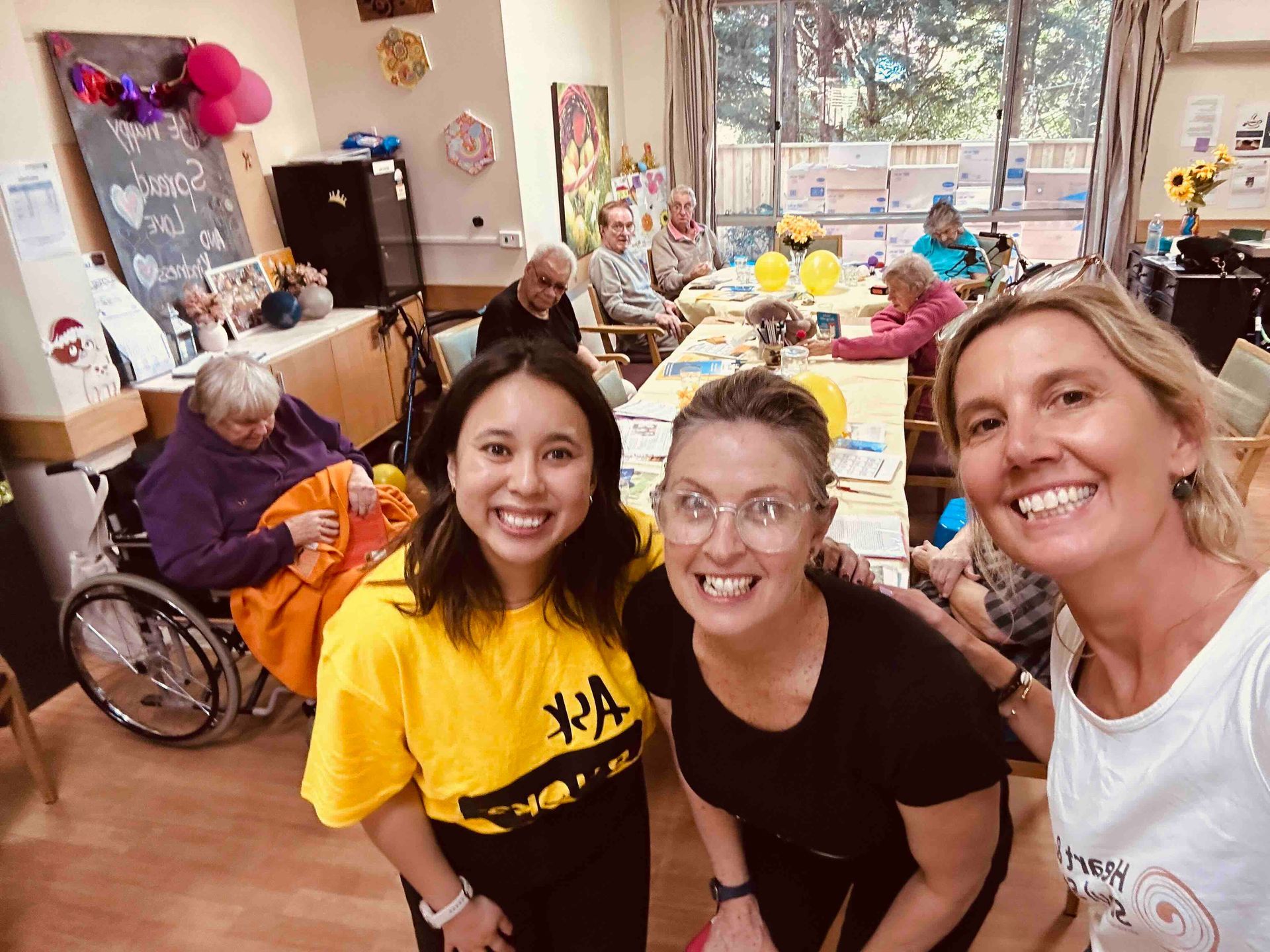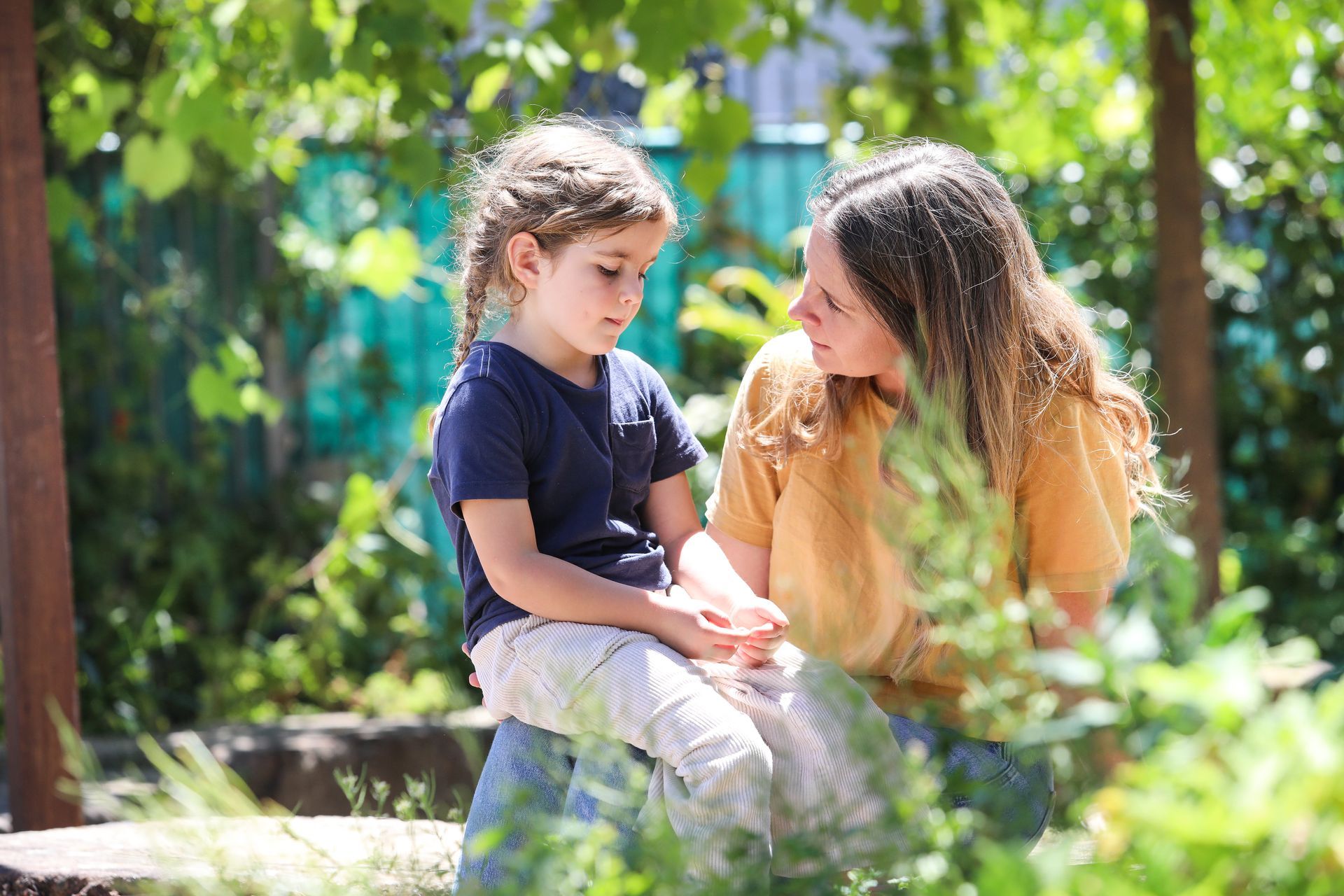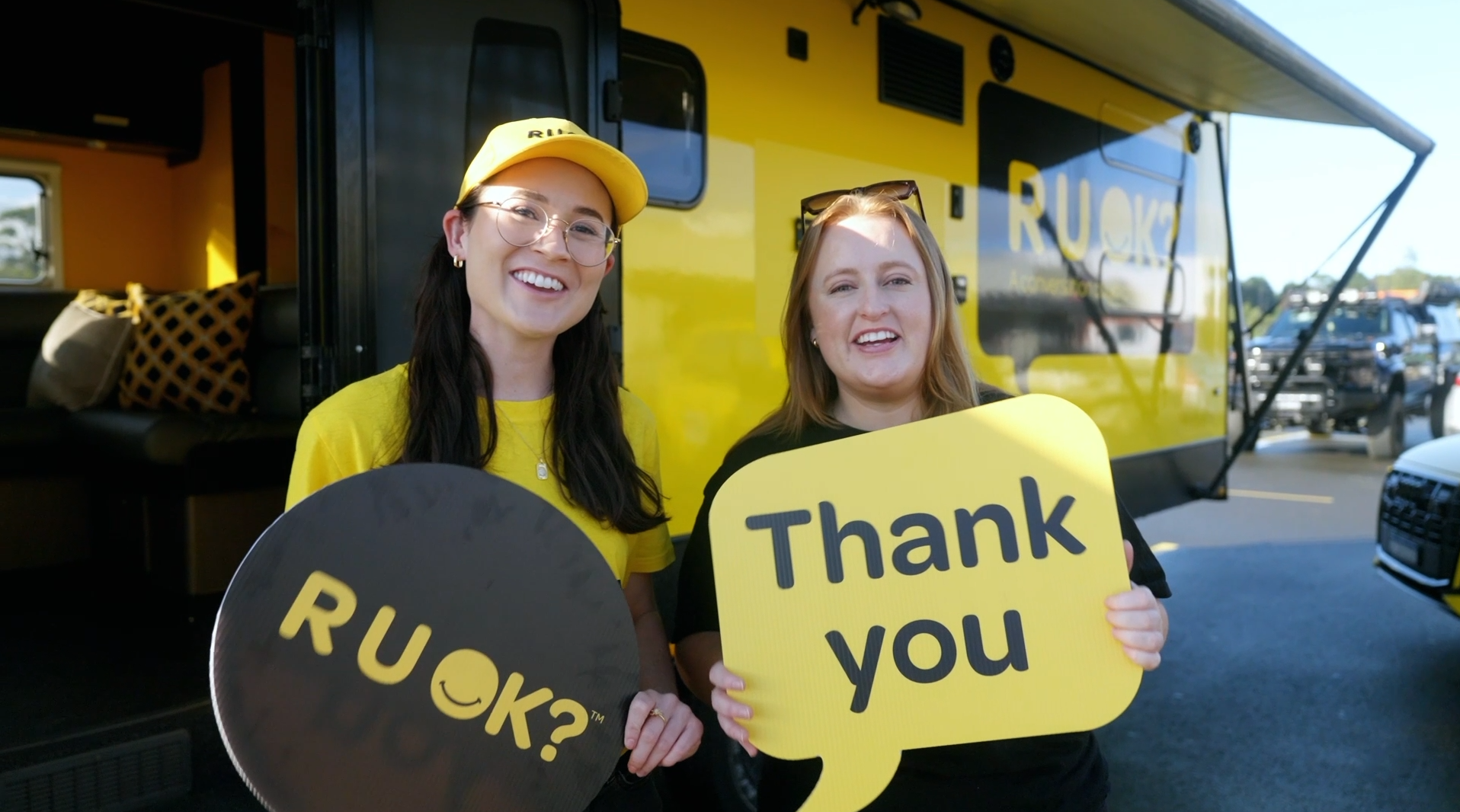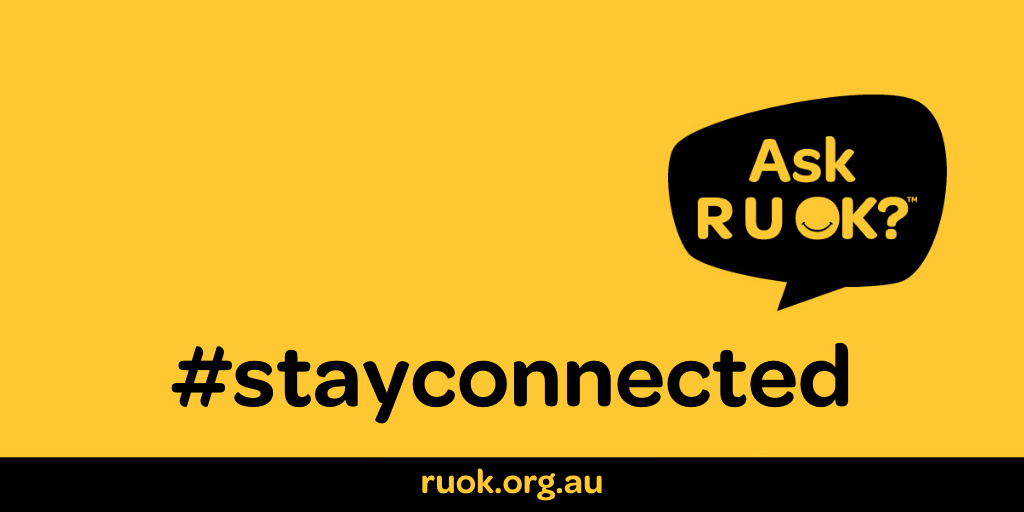Stay connected and check in with your friends, family, colleagues and neighbours.
COVID-19 restrictions of varying levels remain in place across Australia and that will likely be the case for the foreseeable future.
R U OK? is calling on Australians to check in on their friends, family, colleagues and neighbours because it’s important that we stay connected especially in challenging times.
R U OK? CEO, Katherine Newton says the virus has affected everyone in some way and we all need to actively seek ways to connect, and in some cases reconnect, with those in our world who might be struggling.
“We’ve seen some inspiring examples of how caring our community can be,” said Ms Newton. “Genuine care and concern from loved ones can be life changing for those grappling with the impact of recent events.
"Some people find change pretty scary,” she said. “Many might be feeling disconnected from day to day life, have new financial and employment pressures, added family stressors, be physically unwell, or be experiencing heightened levels of anxiety.
Life might not be the same as it was before and we might need to live with some ongoing restrictions and physical distancing but we can continue to look out for each other.
“Think about who in your world might be struggling and make a plan to reach out to them and ask, ‘Are you OK?’. That question and ensuing conversation has the power to change someone’s life for the better,” said Ms Newton.
Debra Brodowski, National Manager of Psychological Services at the Centre for Corporate Health says feeling overwhelmed and anxious is a normal response to changes brought about by the pandemic, especially for those facing a return to tighter restrictions.
“A return to lockdown can result in many strong emotions returning. People may have an increased sense of fear and uncertainty or may be feeling anxious and overwhelmed. Some may even feel angry that a return to lockdown has occurred. These are all normal reactions to have,” said Ms Brodowski.
There are steps we can take to help others and ourselves through these uncertain times.
“It’s important to maintain the key things that help you top up your wellbeing: keep in touch with others, keeping active, healthy eating and getting a good night's sleep. If people are still feeling challenged, it’s important to reach out for additional support via your doctor or helplines.
“Staying connected to others is critical at this time. It helps remind us that we are not alone and that we have support. If you or someone you know is struggling with physical distancing, reaching out and connecting to them is an important reminder that together we can get through this.”
If you’re feeling well and able to support someone, reach out and let them know you’re there to help now and for as long as it takes.
Look out for any changes in the way people communicate:
• Consider the tone and language they’re using.
• Are they posting more or less?
• Are they answering your calls?
• Are they communicating as you would expect?
If you are concerned about someone, trust your gut and ask, “Are you OK?”. Listen with an open mind to what they have to say and ask them what you can do to help. In the current circumstances there might be limits on what you can do but you can definitely be a listening ear and a (virtual) shoulder to lean on.
In the words of R U OK? founder Gavin Larkin, “Getting connected and staying connected is the best thing any of us can do both for ourselves and anybody who may be at risk. That said, it’s not just about those at risk, we want everybody in Australia right across the spectrum of society to reach out to the people in their lives that they care about and essentially let them know that they do care by asking R U OK?”
If you need guidance on how to support someone, visit ruok.org.au/how-to-ask
If you need support or know someone who does, visit ruok.org.au/findhelp for professional support services and self-care tools.






















